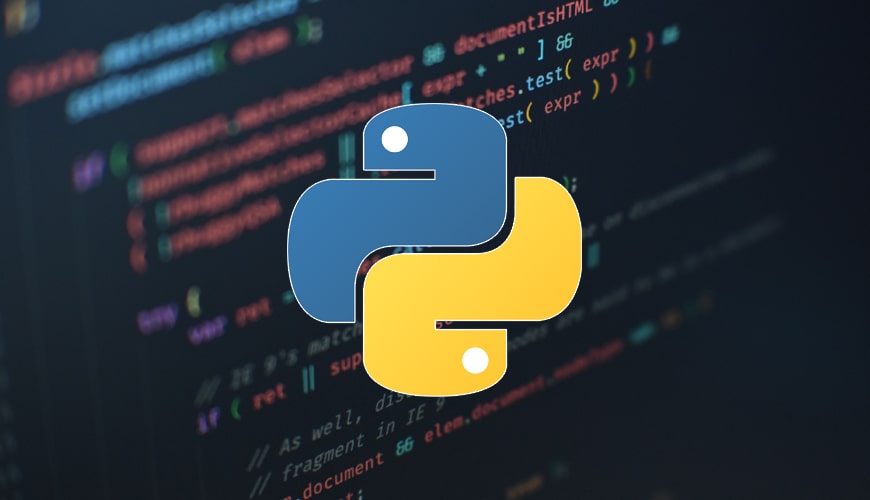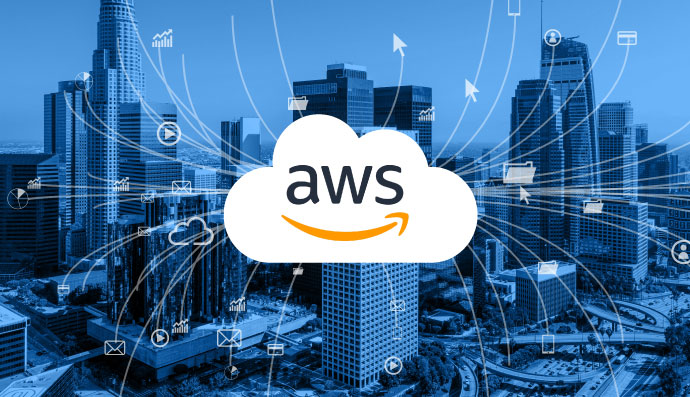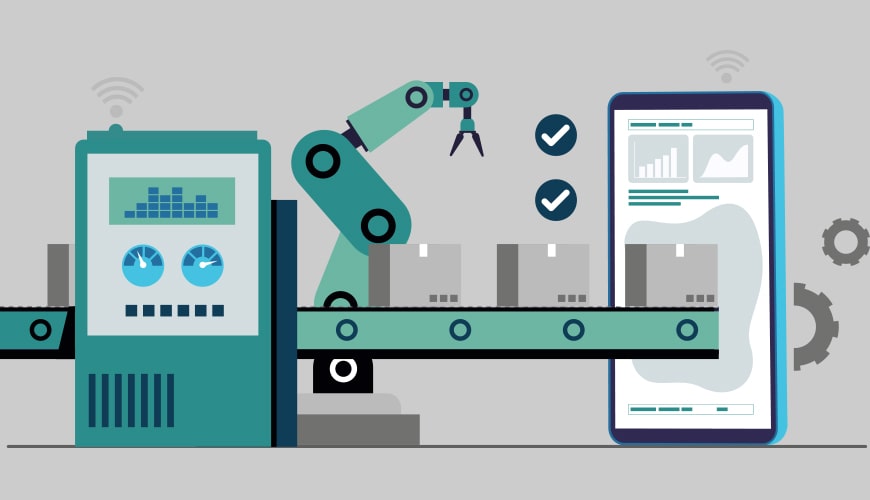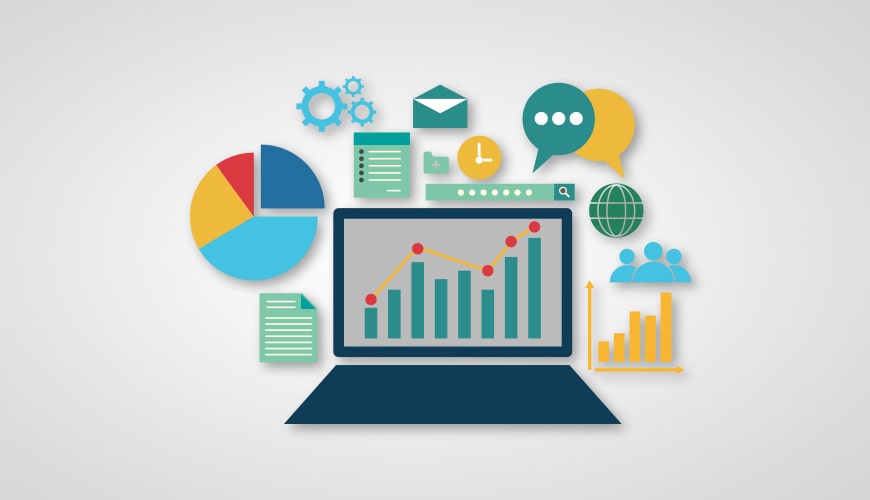Course Objectives:
Python is a powerful, modern programming language that has the capabilities required for experienced programmers, while still being easy enough for beginners to learn. It is a well-developed, stable, and fun programming language that is suitable for simple as well as complex development projects. Programmers love Python because of it is really simple and easy to use.
Through this Certificate Course in Basic Python you will learn everything you need to know to get started with Python. You will start with the basics of Python where you will learn about strings, variables, and data types. After that, you will be taught about the loops and conditionals. And lastly, you will learn about the functions and files in Python.
What makes this course unique is the number of exercises in it. This course is filled with exercises that challenge you so that you get the best learning experience possible. Take advantage of our training focused course and increase your job prospects!
Certification
Certification in Basic Python
Learning Outcomes
- Build a strong understanding of Python from foundation to advance
- Study the basic principles of programming which can help you learn any language easily
- Learn the advanced coding techniques and concepts with efficient methods
- Create your own programs that can solve real-world problems
Course Eligibility
Students with any of the following qualifications will be considered as an eligible candidate for the course offered:
- Diploma / Degree / ME Graduated or Appearing
- Students from Mechanical / Electrical / Electronics and Telecommunication / Instrumentation / Mechatronics and Computers Streams
- B.Sc. and M.Sc. students from technical steam like Electronics and Instrumentation
Course Features
- Lectures 118
- Quizzes 0
- Duration 4 weeks
- Language English
- Students 15
- Assessments Yes
-
Week 1 - 1. Introduction
- a. Getting Started –
- History and Need of Python
- Applications of Python
- Advantages and Disadvantages of Python
- Installing Python
- Program Structure
- Interactive Shell
- Executable or Script Files
- User Interface or IDE
- b. Python Fundamentals –
- Working with Interactive Mode
- Working with Script Mode
- Python Character Set
- Python Token, Keywords, Identifiers, Literals, Operators
- Variables and Assignments
- Input and Output in Python
-
2. Data Handling
- a. Operators –
- Arithmetic
- Relational
- Logical
- Identity
- Bitwise
- Assignment
- Precedence
- Evaluating
- Type Casting
- b. Data Types –
- Numbers
- Strings
- Lists
- Tuples
- Dictionary
- Set
- Frozen Set
- Bool
- Mutable and Immutable
- c. Strings –
- Introduction to Python Strings
- Accessing Individual Elements
- String Operators
- String Slicing
- String Functions and Methods
- d. Lists –
- Introduction to Python Lists
- Creating
- Accessing
- Joining
- Replicating
- Slicing
- And much more
- e. Tuples –
- Introduction to Tuples
- Creating Tuples
- Accessing Tuples
- Joining
- Replicating
- Slicing
- f. Dictionaries –
- Introduction to Dictionaries
- Accessing Values in Dictionaries
- Working with Dictionaries
- Properties
- g. Set and Frozen Sets –
- Introduction to Set and Frozen Set
- Creating
- Accessing and Joining
- Replicating and Slicing
-
3. Program Control Flow
- a. Conditional Statements –
- Indentation
- The IF Statement
- The IF-ELSE Statement
- The IF-ELIF Statement
- Nested if Statement
- b. Range Function –
- Introduction
- Types of Range Function
- Use of Range Function
- c. Iterative or Looping Statement –
- For Loop
- While Loop
- Loop Else Statement
- Nested Loops
- Flow Control
-
Week 2 - 1. Functions
- a. Built-In-Function
- Introduction
- Using a Function
- Python Function Types
- Structure
- Different Functions
- b. User Defined Functions –
- Structure of Program for UDF
- Types of Function
- Invoking UDF
- Flow of Execution
- Arguments and Parameters
- Scope of Variables
- Lambda Function
- c. Recursive Functions –
- Use of Recursive Function
-
2. Modules and Packages
-
Week 3 - 1. File operations
-
2. Introduction to OOPS
-
Week 4






